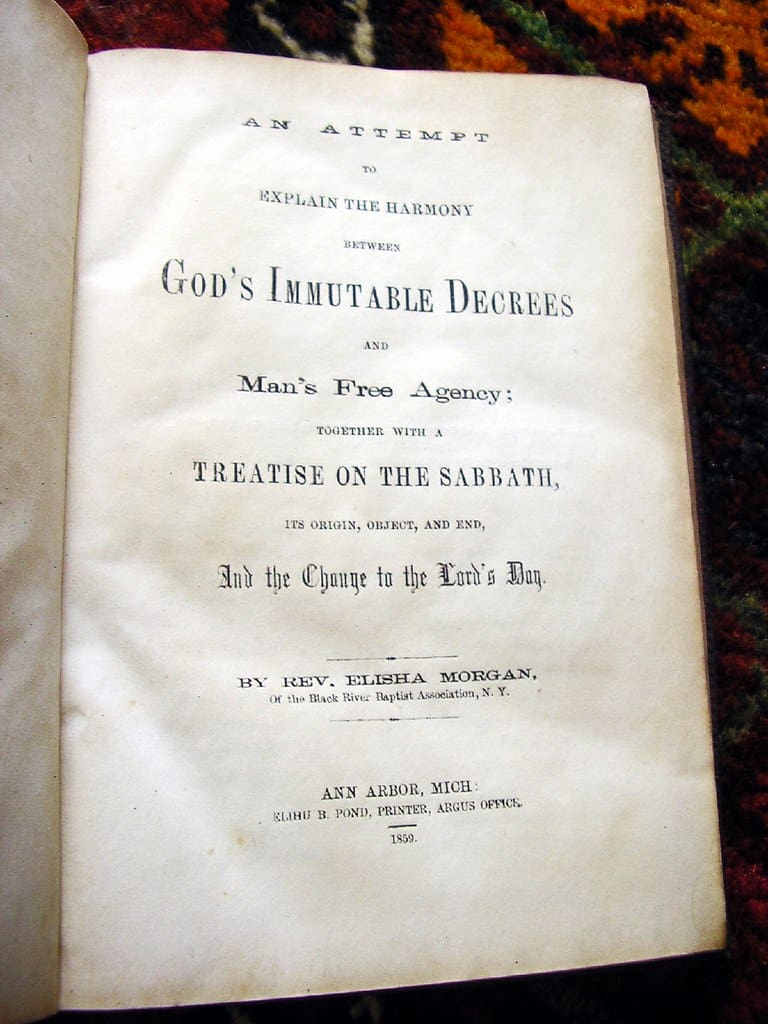Someone once as peaceful as an ox,
told me that only a little grace is needed.
Others, resolute as mythical monarchs,
Shouted that fate could not be touched,
That all kings will remain kings,
And that the shepherds will rejoice under the willows.
But the raw bite of the question,
That brackish boredom that scratches bronze,
The silence of those with a patch in their throats,
Are not tamed by grace,
Nor by dumb and blind fate,
Nor from heaven,
That seethes and then spreads like oil,
In its relentless, slow morning blue.
The horror of man
Is to know himself too cunning
To forge love
from chlorophyll.
Filed with Patamu for legal protection: certificate
Video
Philosophical considerations on the immutability of the human condition
To delve into the historical and sociological immutability of the human condition, it is essential to explore some of the fundamental philosophical concepts underlying this notion. Throughout history, scholars and philosophers have contemplated the immutable aspects of human nature that transcend time and cultural boundaries.
One of these concepts is the idea of human nature itself. Human nature refers to the inherent qualities and characteristics that are believed to be universally shared by all human beings. Despite significant differences in societies and cultures over time, some fundamental aspects of human nature remain constant. These include the pursuit of happiness, the desire for love and connection, the capacity for rational thinking, and the instinct for self-preservation.
Another philosophical concept relevant to the historical immutability of the human condition is the concept of free will. Free will is the belief that individuals can make choices and decisions not predetermined by external factors. The debate over free will and determinism has been a recurring theme among philosophers throughout history. While some argue that our actions are predetermined by genetics or social influences, others argue that the power of individual action and choice defines the human condition.

In addition, the concept of human flourishing and the search for meaning also play a significant role in understanding the unchanging nature of the human condition. From ancient Greek philosophers such as Aristotle to modern existentialists such as Jean-Paul Sartre (1905 – 1980), the search for a meaningful and fulfilling life has been a central concern for humanity. This search for meaning and purpose transcends time and remains a constant aspect of the human condition despite the ever-changing circumstances in which we find ourselves.
In conclusion, studying the human condition’s historical and sociological immutability requires exploring various philosophical concepts. By examining ideas such as human nature, free will, and the search for meaning, we can gain a deeper understanding of the enduring aspects of human experience. Through this understanding, we can better understand our past, navigate the present, and shape the future of humanity.
If you like this poem, you can always donate to support my activity! One coffee is enough!


